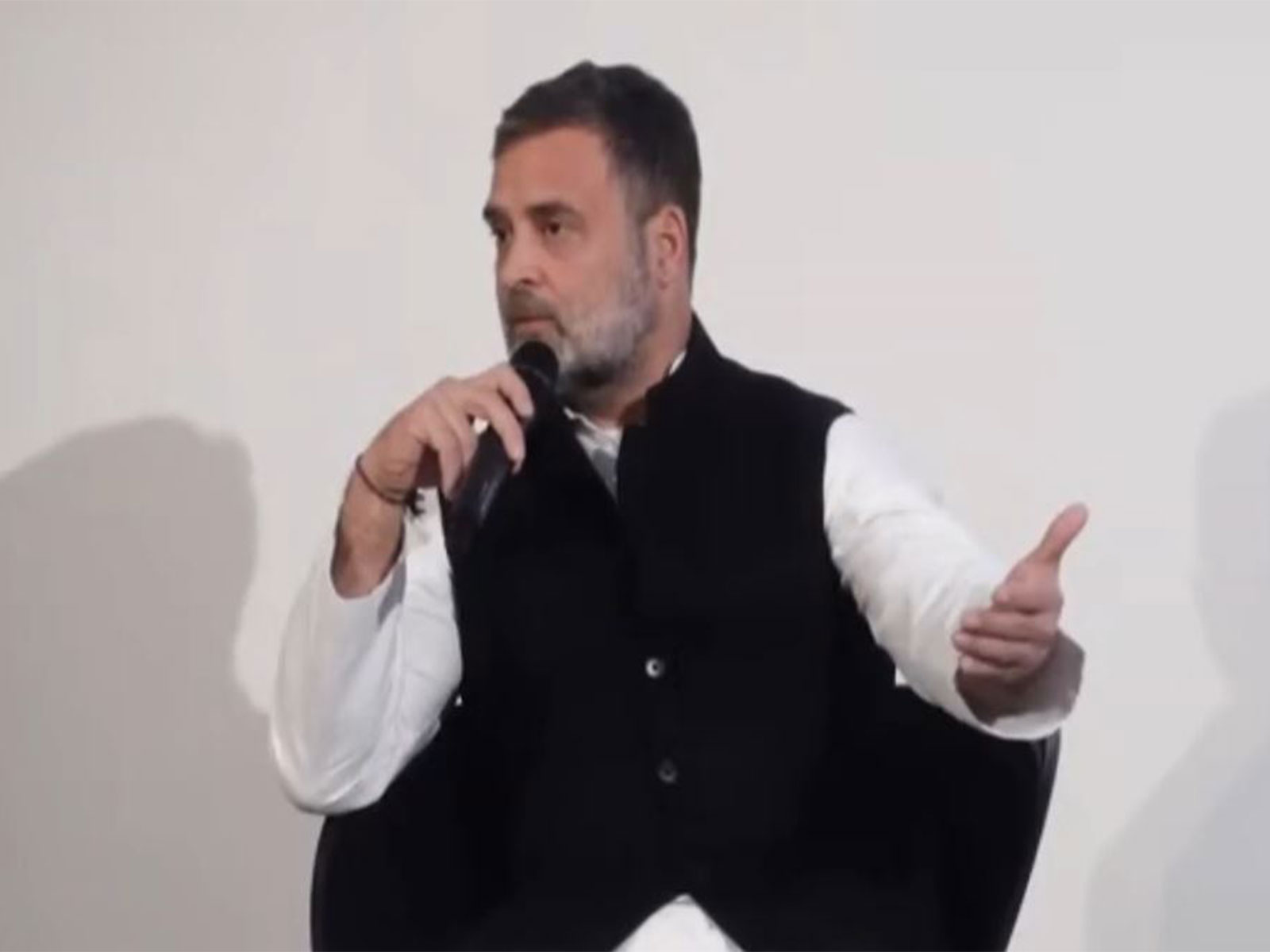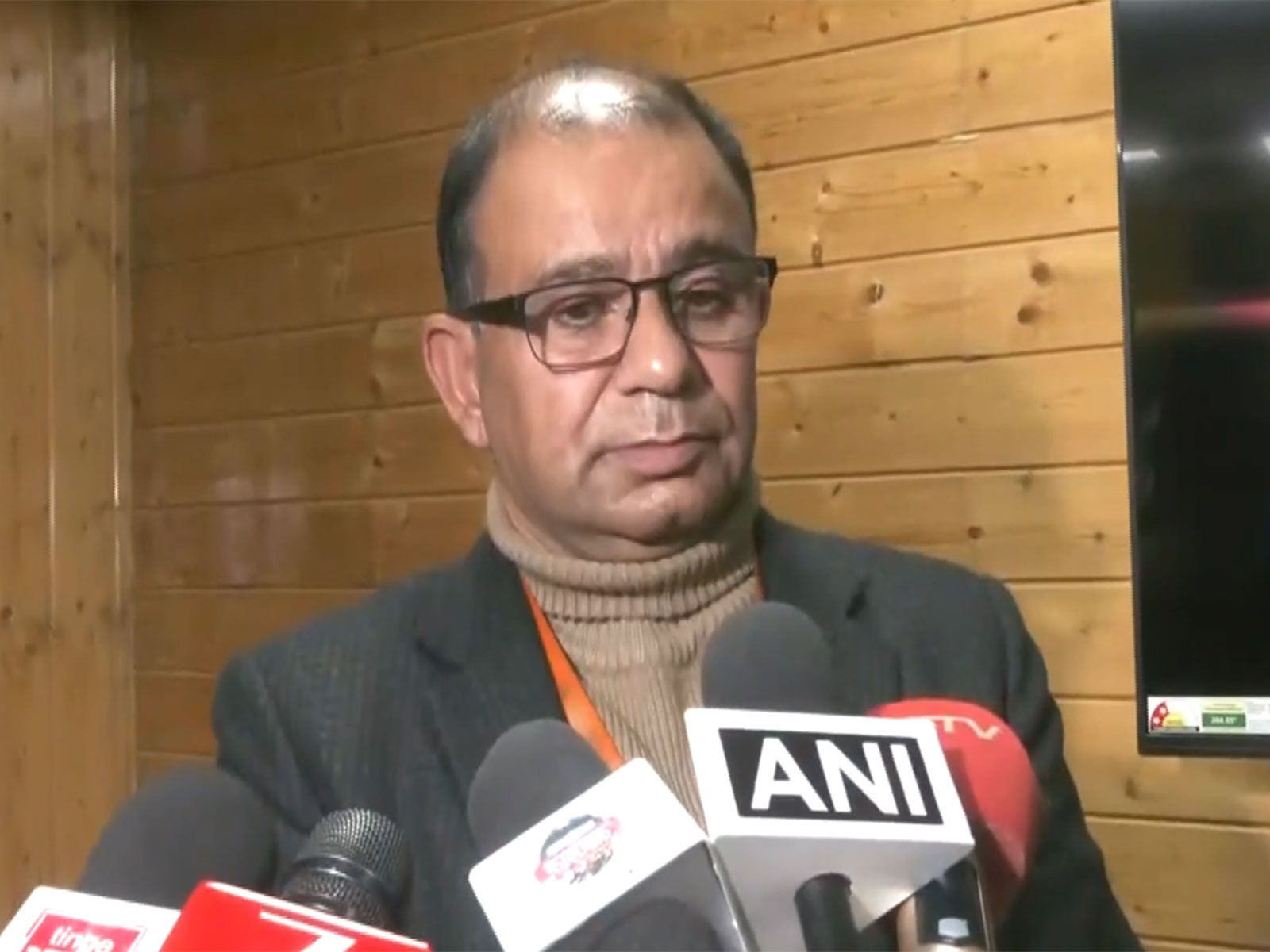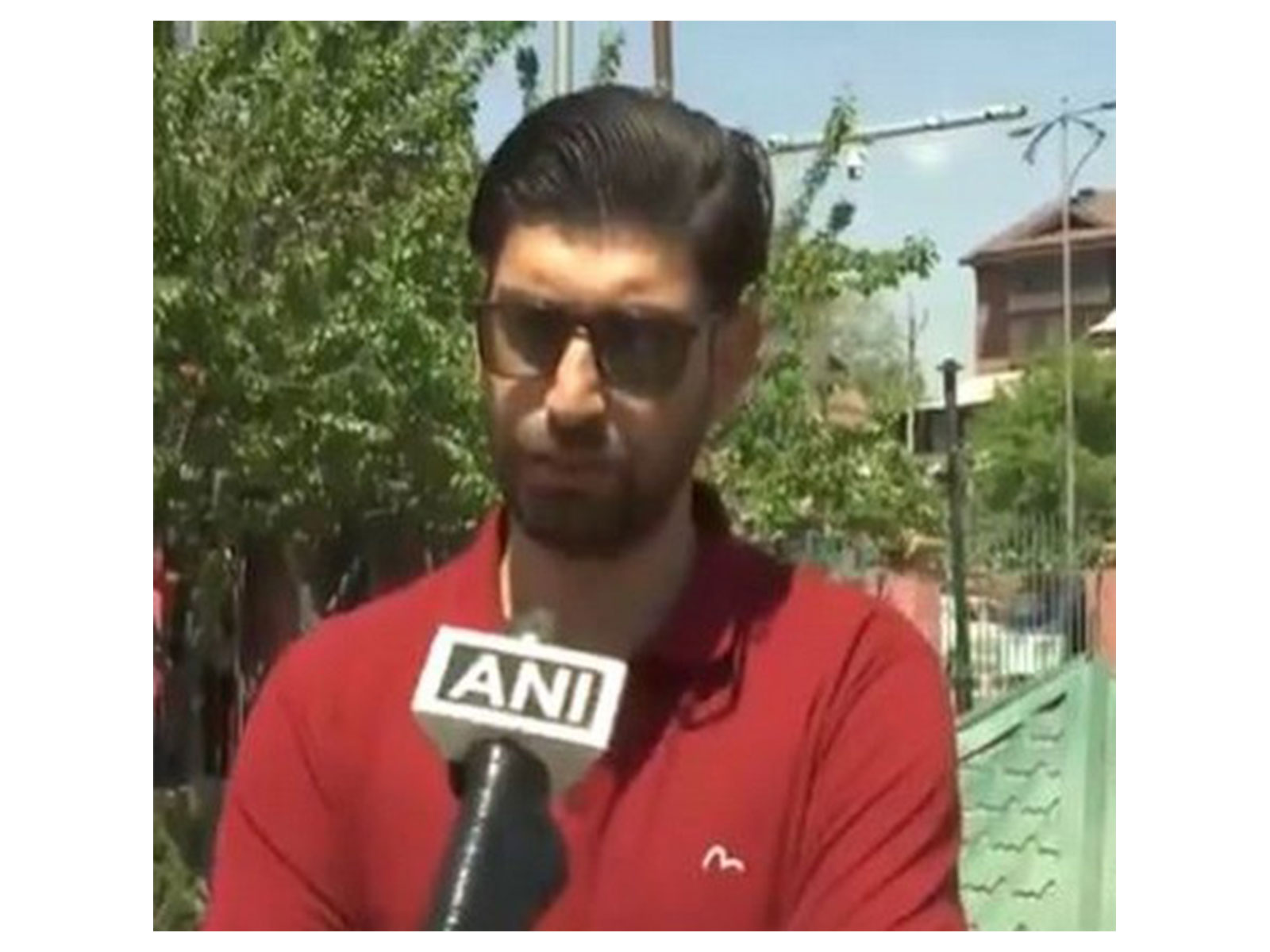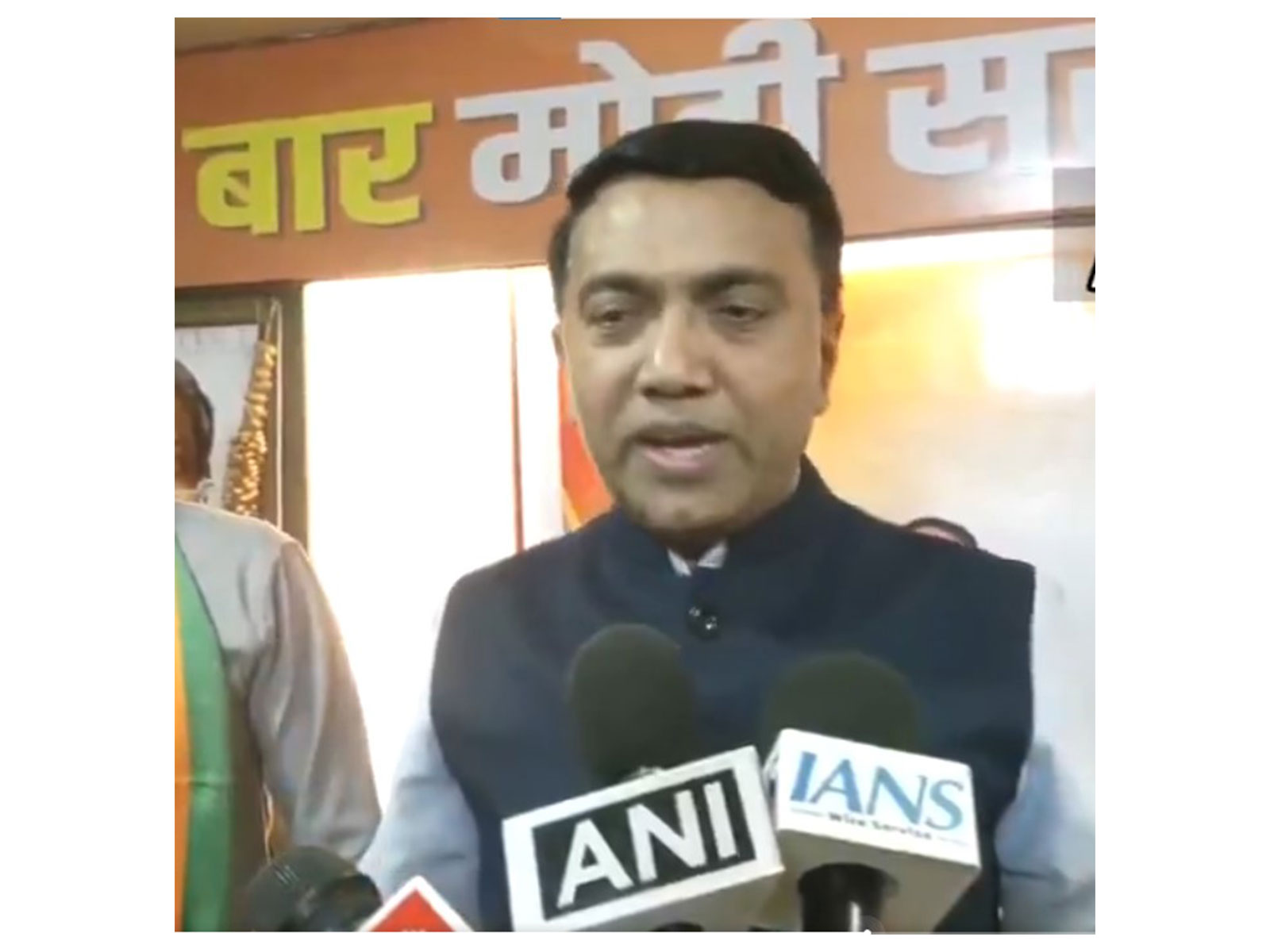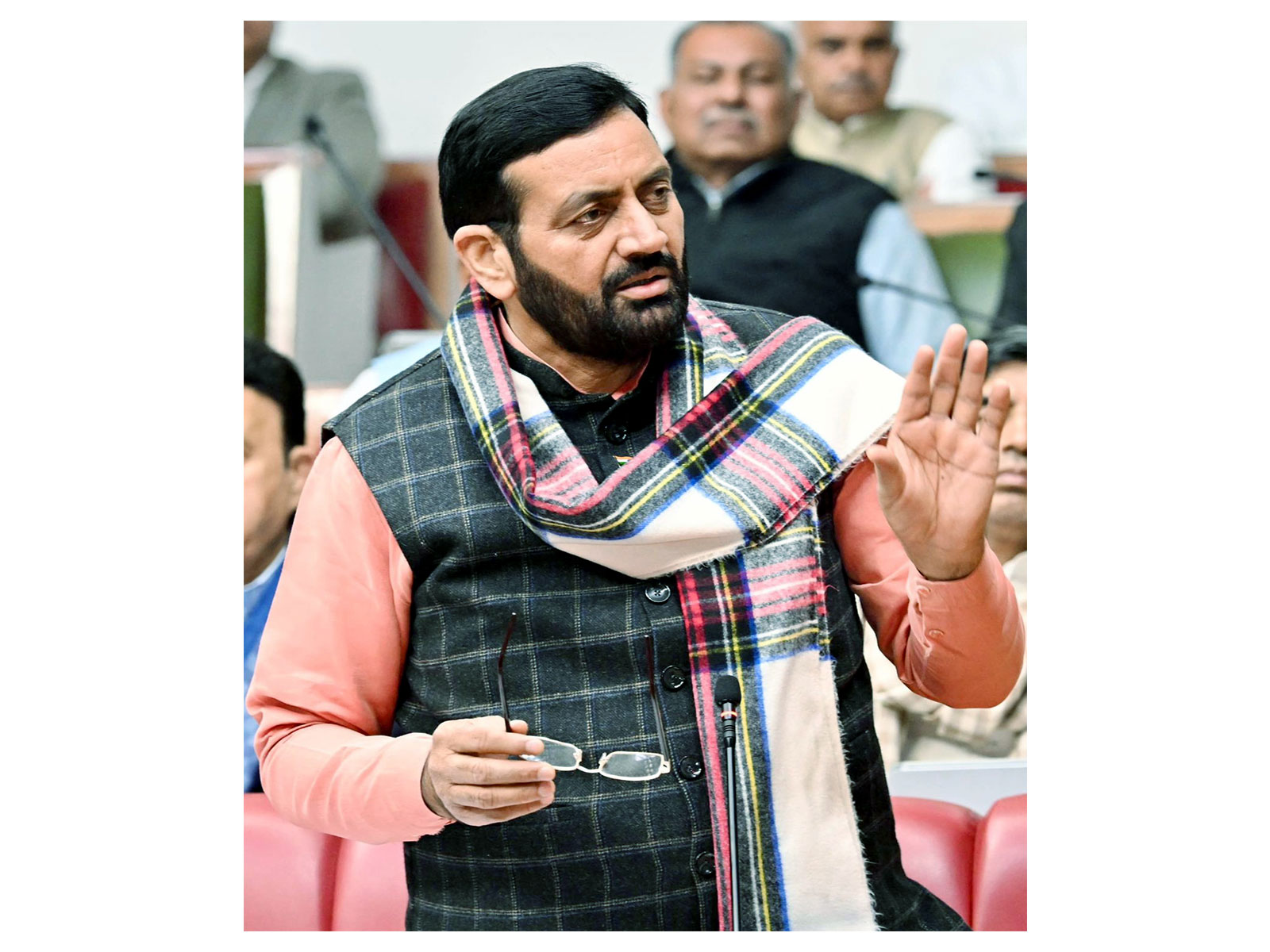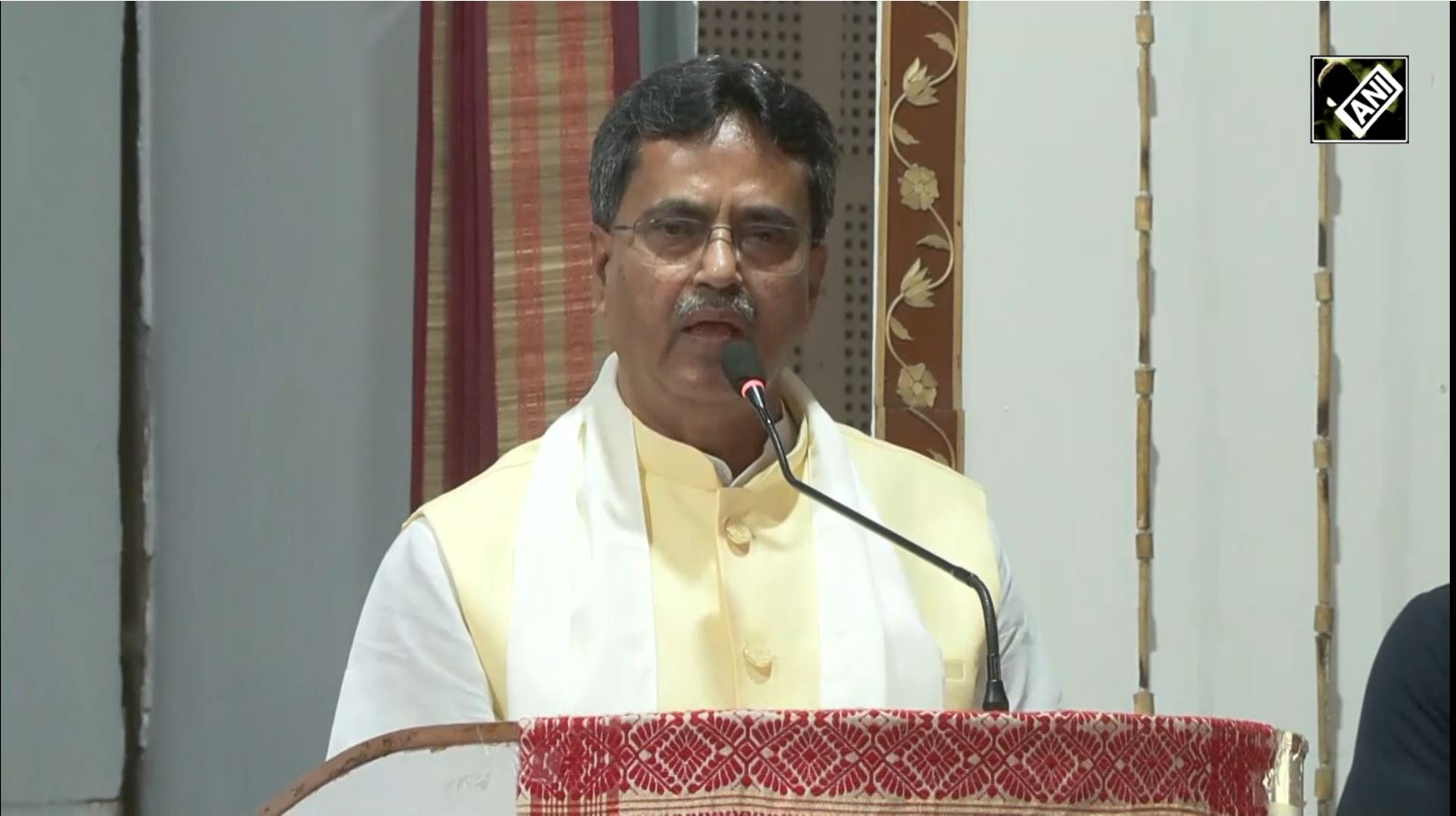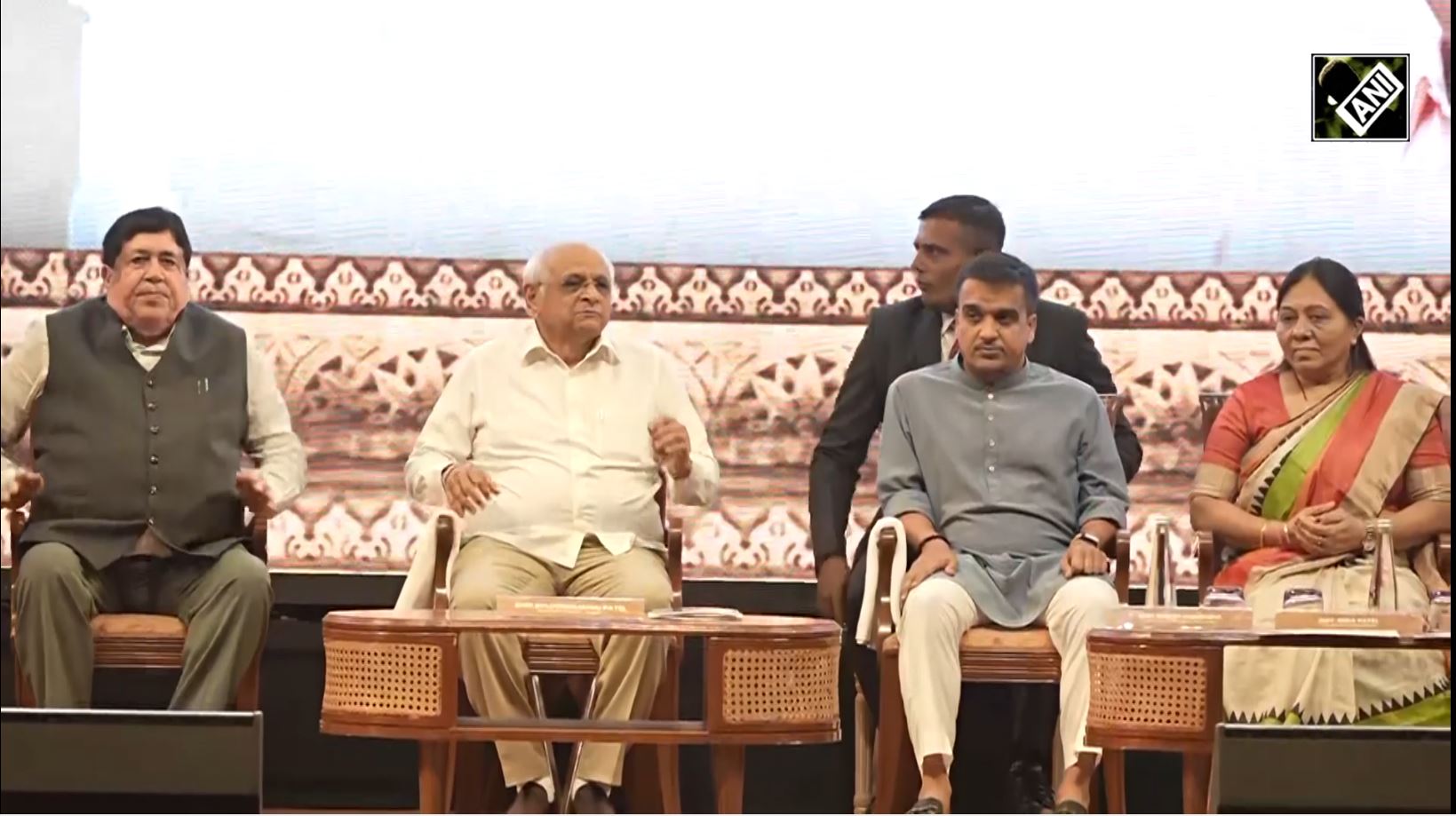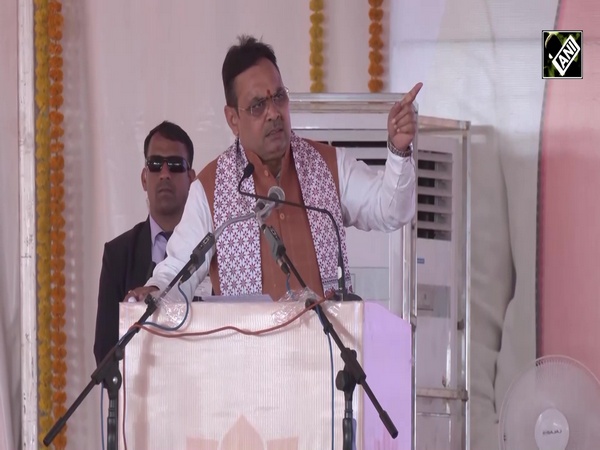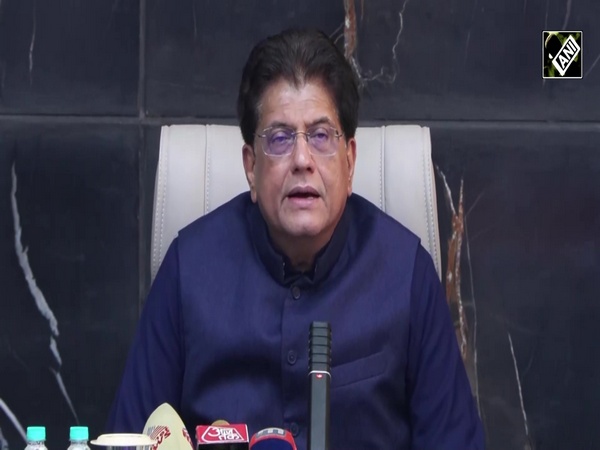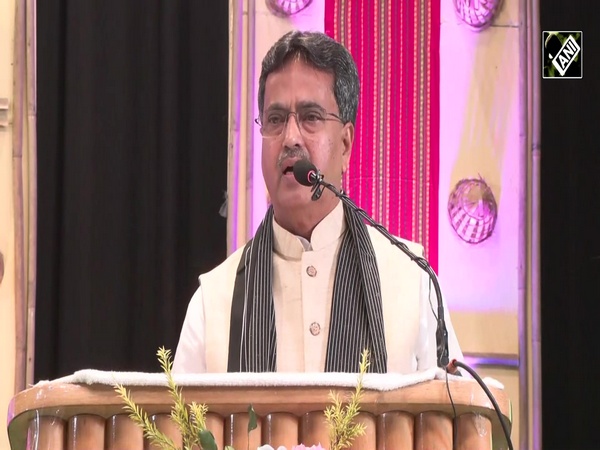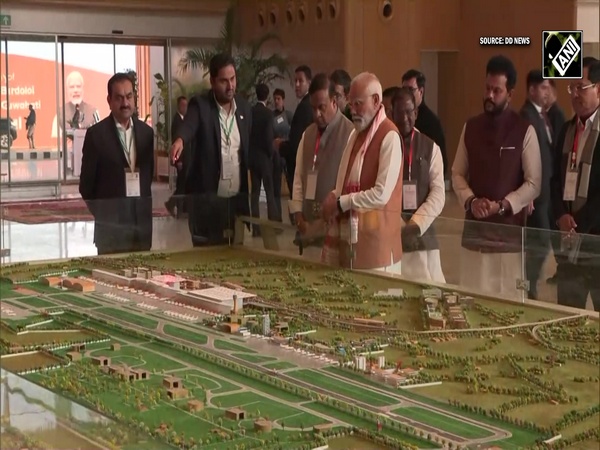Election of countries like China, Pakistan will damage credibility of UNHRC: Pak activist
Oct 14, 2020

Glasglow [Scotland], October 14 : Slamming countries including Pakistan and China, Amjad Ayub Mirza, an activist from Pakistan occupied Kashmir (PoK) has said "world's worst human rights abusers" have been elected to the United Nations Human Rights Council (UNHRC).
Mirza's remark comes amid Pakistan and China's re-election to the UNHRC in New York on Tuesday. He said the election of countries such as Pakistan and China will damage the credibility of the UN body.
"World's worst human rights abusers set to be elected to the board of the UN Human Rights Council. Countries include Pakistan, China, Cuba, Russia and Saudi Arabia. This will seriously damage the credibility of the organization," Amjad Ayub Mirza tweeted on Wednesday.
On Tuesday, the UN General Assembly voted to elect a fresh tranche of 15 UNHRC members, which also includes Cuba and Russia.
Established by the UN General Assembly in 2006 as the principal United Nations entity dealing with human rights, the UN Human Rights Council consists of 47 elected Member States.
Mirza's comment comes in the backdrop of concerns of human rights violations in Pakistan and China, which have been raised in the international forum.
According to the list of Human Rights Priority Countries published in 'The 2019 Foreign and Commonwealth Office Report' titled 'Human Rights and Democracy' by the British Government's Foreign and Commonwealth Office (FCO), there remained serious human rights concerns and violations in Pakistan in 2019, including restrictions on civic space and freedom of expression, intolerance and direct and open discrimination towards minorities communities.
Besides Pakistan, several reports have also been raised concerns over prevalent human rights violations in China.
"China continued to place restrictions on the expression of religious belief, ethnic minorities, the media and wider freedom of expression, as well as detaining and harassing human rights defenders, and restricting the space for civil society to operate. The authorities' use of arbitrary detention continued, as did a lack of judicial transparency and due process, particularly in cases deemed 'politically sensitive'. In Xinjiang, credible estimates indicate that over 1 million Uyghurs and other ethnic minorities have been extrajudicially detained in internment camps across the region," the report read.



